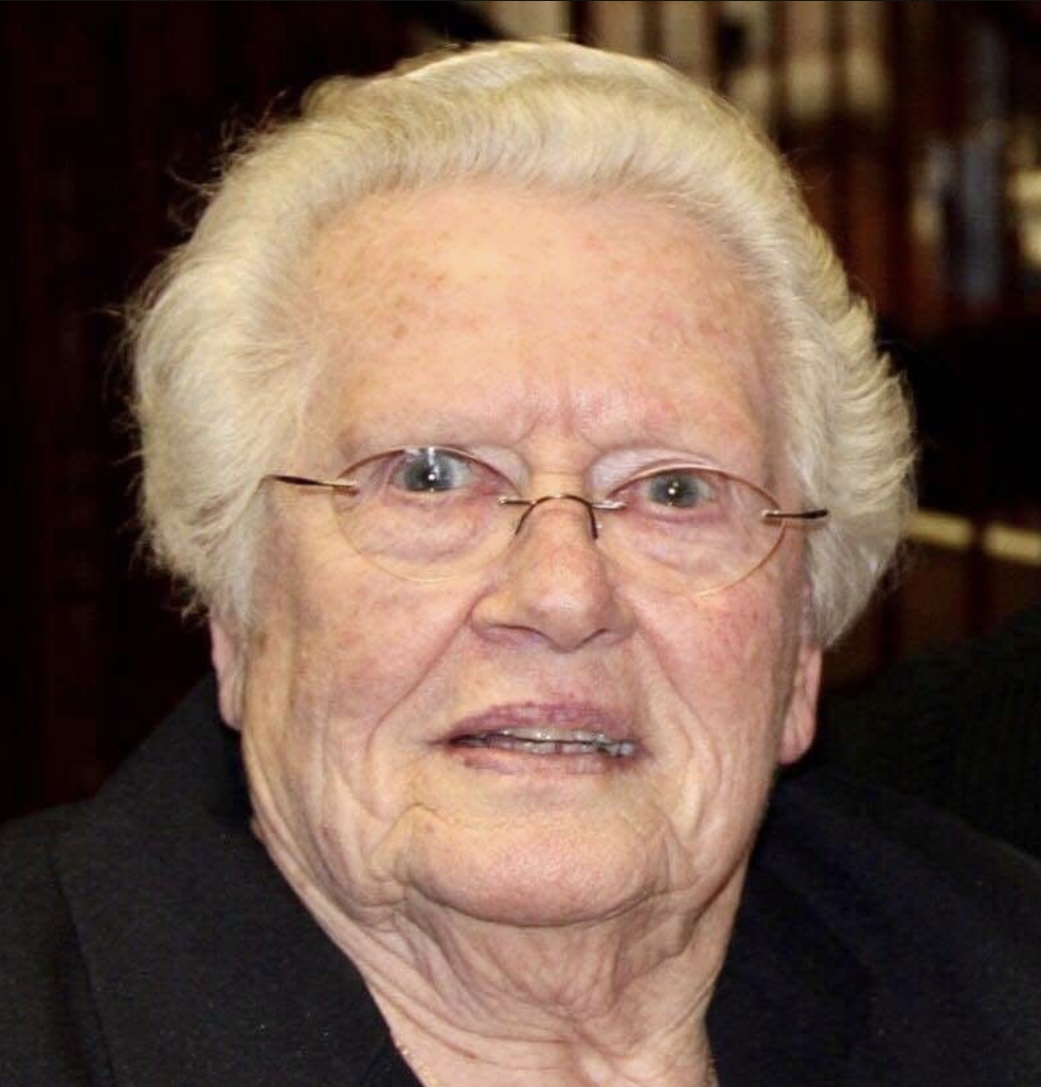COVID-19 restrictions will ease across Wales from tomorrow (Monday 7th June), with First Minister Mark Drakeford confirming the news at a press conference late last week.
The size of extended households can be increased to up to three households, and a further household with a single adult or single adult with caring responsibilities will also be able to join.
The move to alert level one will be phased, with outdoor events opening first. Ministers will review the public health situation again, ahead of June 21, to determine whether indoor events can restart.
The two-stage approach will enable more people to be vaccinated – and complete their two-dose course – amid growing concerns about the spread of the delta variant of the virus across the UK.
First Minister Mark Drakeford said:
I want to thank everyone in Wales for everything they have done to control the spread of coronavirus and keep rates low. The emergence of the delta variant shows the pandemic is not over yet and we all need to continue to take steps to protect ourselves and our loved ones.
The risk of infection is significantly less outdoors than it is indoors. This is why we are phasing in the changes in this three-week cycle. This will allow more people to enjoy events outdoors and take advantage of the Welsh summer, while we continue to roll out the vaccination programme to all adults.
We will review the public health situation again in a couple of weeks to see whether we can continue to relax the restrictions and restart indoor events.
The seven-day coronavirus case rate remains very low in Wales and the positivity rate is less than 1%. Wales also has the best vaccination rates in the UK – more than 85% of the population has had one dose and 45% have completed the course.
But there is growing concern about the spread of the delta variant in many parts of the UK, especially in the North West of England.
There are currently 97 cases in Wales, including a cluster of cases in Conwy.
The first phase of the move to alert level one means that from Monday June 7:
- Up to 30 people can meet outdoors, including in private gardens, outdoor hospitality and public places.
- Larger outdoor organised gatherings and events, such as concerts, football matches and sporting activities, like organised running groups can go ahead for up to 4,000 people standing and 10,000 people seated. All organisers planning events and activities must undertake a full risk assessment and put in place measures to prevent the spread of coronavirus, including social distancing.
The Welsh Government will consider further changes to the regulations on indoor activity later in the month, if public health conditions allow.
These include:
- Rule of six for meeting indoors in private homes and holiday accommodation.
- Increased numbers for indoor organised gatherings and indoor events.
- Opening ice skating rinks.
The current public health position for COVID-19 across Wales is stable, with low COVID-19 case rates, hospitalisations and deaths in all parts of Wales and increasing population protection by vaccination. Vaccination milestones continue to be reached ahead of their expected timing. The longer we can maintain low case rates while increasing vaccination coverage, the less the likely magnitude of a third wave, but we are not yet in a position of high confidence that COVID-19 related harms will not increase substantially should transmission increase.
Set against the confidence of this picture are remaining areas of uncertainty. In England the variant first identified in India, recently designated by the World Health Organisation as the ‘delta’ variant, shows a greater rate of transmission than preceding variants, causing exponentially increasing case rates in some areas despite current restrictions. There is a moderate likelihood that the delta variant will become the dominant variant across England and the wider UK.
At present Wales has only a limited number of known cases of the delta variant, generally in clusters derived from travel related cases. Our past experience is that variants will spread from England to Wales in time, so this is to be expected, along with an increase in associated transmission and case rates and possibly hospitalisations and deaths. The extent to which our excellent vaccination programme will slow transmission remains unknown. The protection provided by two doses against this variant is much greater than for one dose, and therefore protection from infection remains limited for many in the population at this point.
The Chief Economist notes that the economy in Wales and across the UK is now recovering sharply, which is as expected, given the success of the vaccination programme and the reduction in the level of restrictions. The adverse effects in the labour market, where the economic harms of Covid are felt most acutely, have so proved rather less severe than originally forecast, due mainly to the temporary support schemes put in place by the UK and Welsh Governments. However, there remains a high level of uncertainty about prospects for the labour market over the medium term, as the pandemic evolves and support schemes are removed. The likelihood of longer term socio-economic harm, resulting from ‘scarring’ in both the labour market and the education system, and affecting disproportionately people from disadvantaged backgrounds, remains high, although its extent will depend on the future path of the recovery and the measures taken to remediate the damage.
There is pleasingly little evidence so far that increased mixing caused by the previous relaxations from Alert level 4 to 2 has significantly increased transmission, but this remains the expected consequence of more people spending time together, particularly in poorly ventilated indoor settings with inadequate social distancing.
Thus, while current low case rates allows some further relaxation of restrictions, I continue to advise caution and support a continuation of the graduated, stepped approach we have deployed throughout the pandemic. The risk of transmission in outdoor settings remains significantly less than indoors, so I would support greater freedom for outdoor activities at this time when the weather is improving, but a more cautious approach still to indoor settings, at least until the impact of the delta variant is more clearly known in a few weeks. This phased approach, over a longer period of time, could be linked continued low prevalence and to further vaccination milestones achieved. I am also quite certain that basic protective behaviours remain vitally important, in particular test, trace and protect for those who are symptomatic, regular hand hygiene, the use of face coverings indoors, and social distancing all still have an important place in mitigating the risk of transmission.
Dr Chris Jones
Deputy Chief Medical Officer
4 June 2021
Contains public sector information licensed under the Open Government Licence v3.0.




